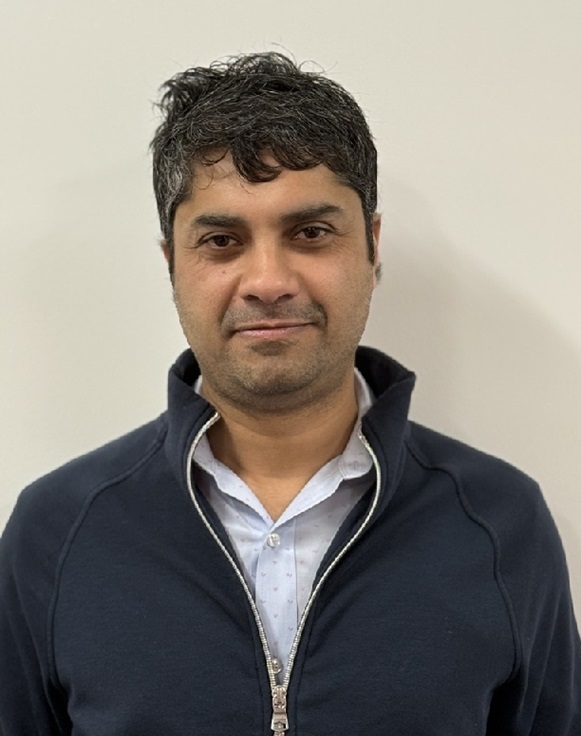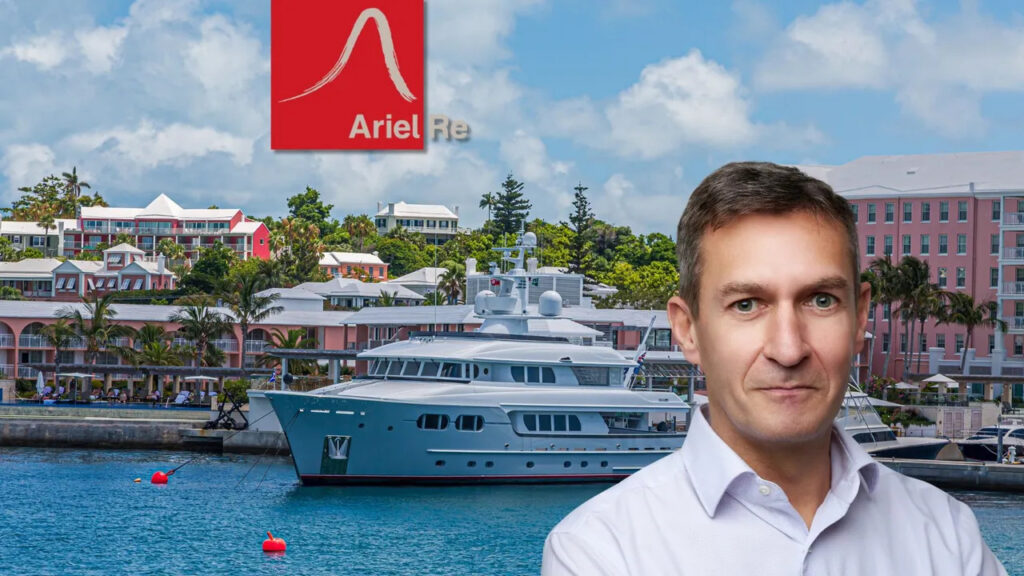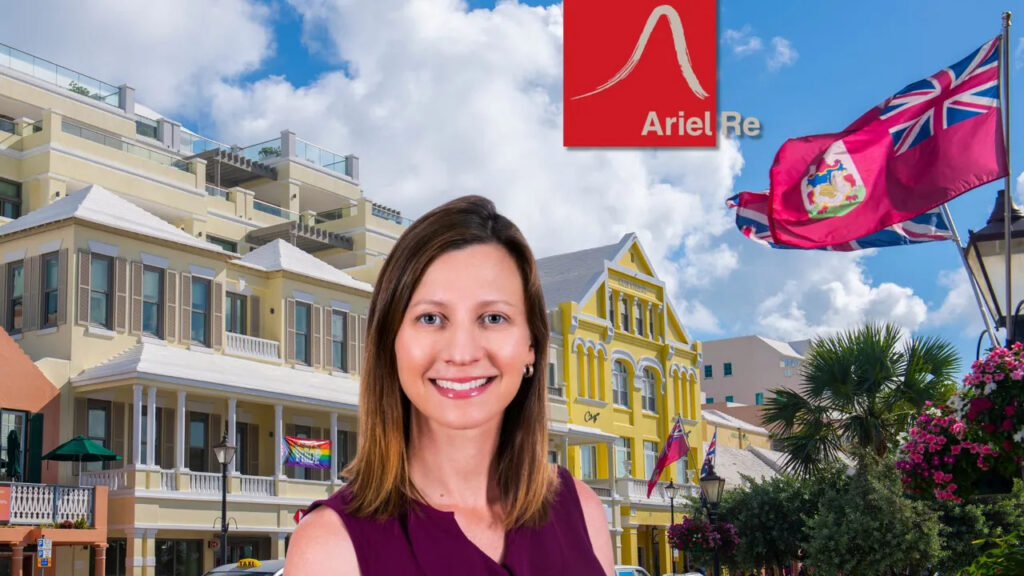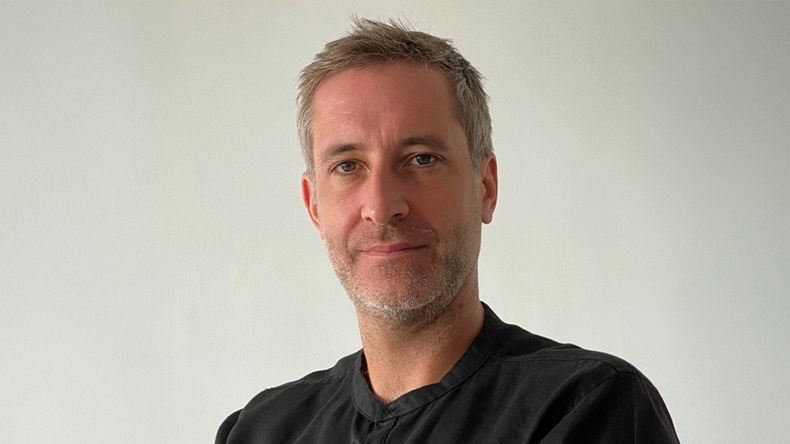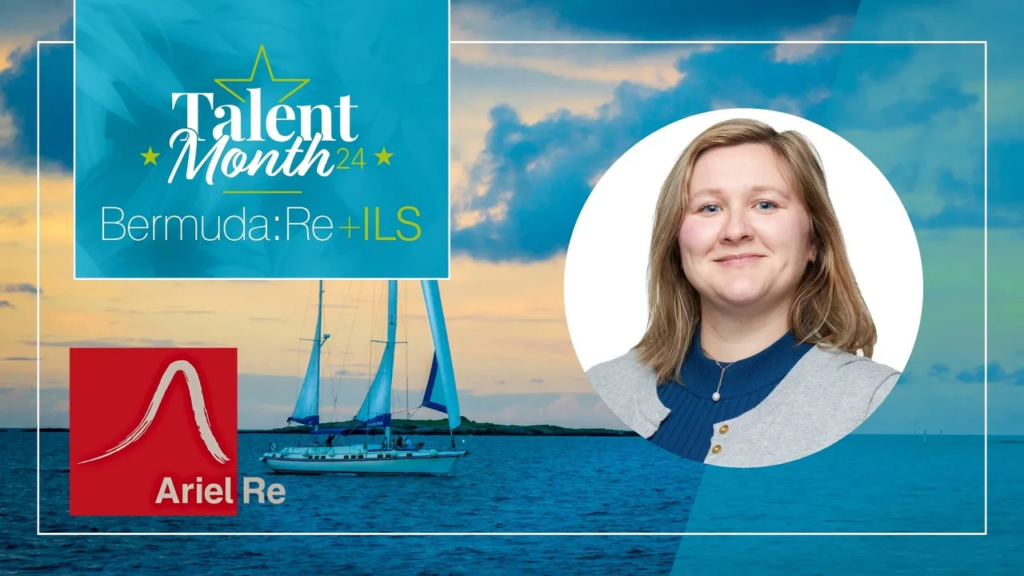
Katie Dilke, 33, vice president and head of non-catastrophe analytics at Ariel Re, says a passion for maths made becoming an actuary a natural choice
Give us a snapshot of your career to date.
I began as an actuarial analyst pricing excess casualty. My next move was into reinsurance pricing which I found much more interesting. Some of the first reinsurance deals I worked on were multiline. I moved into the predictive analytics field as well working with insurance data before moving fully into reinsurance pricing, property, marine, and specialty.
How did you come to choose a career in re/insurance?
Growing up in Bermuda a lot of people I knew, including my father, were in re/insurance. I always enjoyed maths at school and becoming an actuary fit the two together for me.
What makes the re/insurance industry attractive to young professionals?
The most attractive part when I was young was the ability to travel. I started my career with four months in London which was a fantastic opportunity. There is also so much possibility for advancement. Of course, not all companies are the same, but I’ve always been supported in personal development. Particularly as an actuary having support to take exams and get credentialed was very important.
What are the opportunities and challenges you’ve faced?
As I mentioned above my first opportunity was to spend time in London which I absolutely loved. I think the challenge for me has been knowing when to make the next move. Sometimes there are disruptions and flexibility is key when considering your career path.
Was there someone who inspired you or acted as a mentor in your career?
My first inspiration was a family friend who was an actuary. That sounded like an interesting field for me to explore and they helped me decide on a path forward for myself. I’ve also had the great luck of supportive managers throughout my career who mentored me and advised me on my actuarial track.
What differences does your generation bring to the industry?
This generation focuses more on the softer skills. Work/life balance is more important. Making sure people feel supported, included, and happy. There’s also an element of technological advancement that you can really harness more in a younger generation. Even between my generation and the next there are technologies that I have very little knowledge of.
Is the industry welcoming to younger people?
I think that the industry actively seeks out younger people. It’s important to encourage the next generation of professionals. There is almost always a strong support for personal development and credentials.
What are your career goals?
At one point, when I was quite young, I thought the goal was to be CEO. Now I know there are other options. At the moment Chief Analytics Officer is my goal.
If you had chosen a different career, what would it have been?
If I had another career, it might have been as a chef. I love to cook and find it very relaxing. Probably not a gourmet, high pressure kitchen but something a little more casual.

